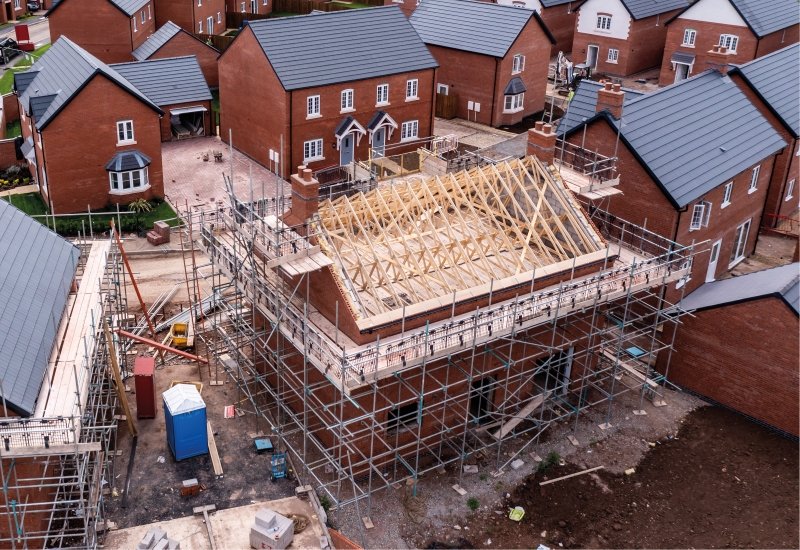In a market as competitive as real estate, having a static website just isn’t enough. Blogging consistently can be one of the most powerful ways to grow your traffic, dominate local searches, and build long-term authority.
But it’s not just about writing — it’s about using blogging strategically to support your real estate SEO goals.
Blogging Builds Content Relevance and Topical Authority
Search engines love fresh, relevant content. When you publish blog posts regularly, you:
-
Signal that your site is active
-
Cover a wider variety of search terms
-
Build authority around topics you want to rank for
For example, posting about home buying tips, market updates, and neighborhood guides helps you appear for long-tail searches — a key tactic in SEO for real estate investors and agents alike.
Boost Internal Linking and Crawlability
Blogging allows you to naturally link back to your core pages — listings, contact forms, service areas. Internal links are critical for distributing page authority and improving crawl efficiency.
Let’s say you write a blog about “Best Neighborhoods in Austin.” You can internally link to:
-
Listings in those neighborhoods
-
Your Austin-specific landing page
-
Your contact form
This creates a web of relevance that boosts real estate website SEO in your target locations.
Helps Target Hyperlocal and Niche Keywords
Not all keywords are equal. While “homes for sale” is ultra-competitive, keywords like “best time to sell in Tampa Bay” or “first-time buyer tips in Scottsdale” are easier to rank for — and attract serious buyers or sellers.
Consistent blogging gives you the flexibility to target those best SEO keywords for real estate agents that may not fit naturally on your homepage or service pages.
Establishes Authority and Builds Trust
Blogging is a form of content marketing — and content marketing builds trust.
By sharing your expertise, market knowledge, and insights, you position yourself as the go-to expert. Whether you’re an individual agent or a team, blogging helps your audience get to know you.
That familiarity leads to higher conversions, which is why real estate agent SEO strategies always include content.
Keeps Visitors on Site Longer
High-quality blogs engage users — they stay longer, read more, and are more likely to click deeper into your site. This improves behavioral metrics like:
-
Time on page
-
Pages per session
-
Bounce rate
All of which positively impact SEO in real estate rankings.
Makes You Discoverable on Google (and Beyond)
Each blog post is a new opportunity to be found.
Google indexes each post as a separate page, which expands your digital footprint. If optimized correctly with your real estate SEO keywords, each blog post becomes an asset that drives long-tail traffic for months or even years.
Plus, blogs can be shared on:
-
Social media
-
Newsletters
-
Other websites (earning backlinks)
This creates a flywheel effect that strengthens your authority in the eyes of both users and search engines.
Tips for Effective Blogging in Real Estate
To make blogging work for your SEO strategy, follow these best practices:
-
Write at least 800–1,000 words per post
-
Use a clear H1 and multiple H2s
-
Naturally integrate location-based keywords
-
Use storytelling when possible
-
Link internally to listings and service pages
-
Include a strong call-to-action at the end
Pro tip: Target topics that match what your clients are Googling, such as “Should I rent or buy in 2025?” or “How to choose a realtor in Denver.”
Final Thoughts
Blogging isn’t just for traffic — it’s a foundational part of building authority, educating clients, and ranking for more search terms.
Want to turn your blog into a conversion engine? Work with a real estate SEO service that can handle strategy, writing, and optimization — so you can focus on what you do best: selling homes.

